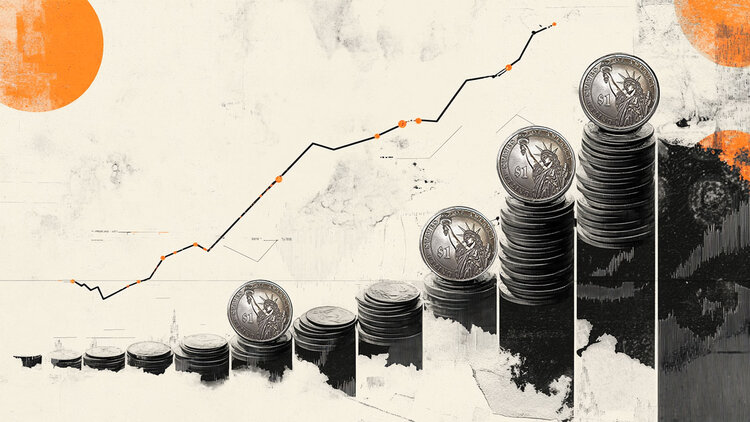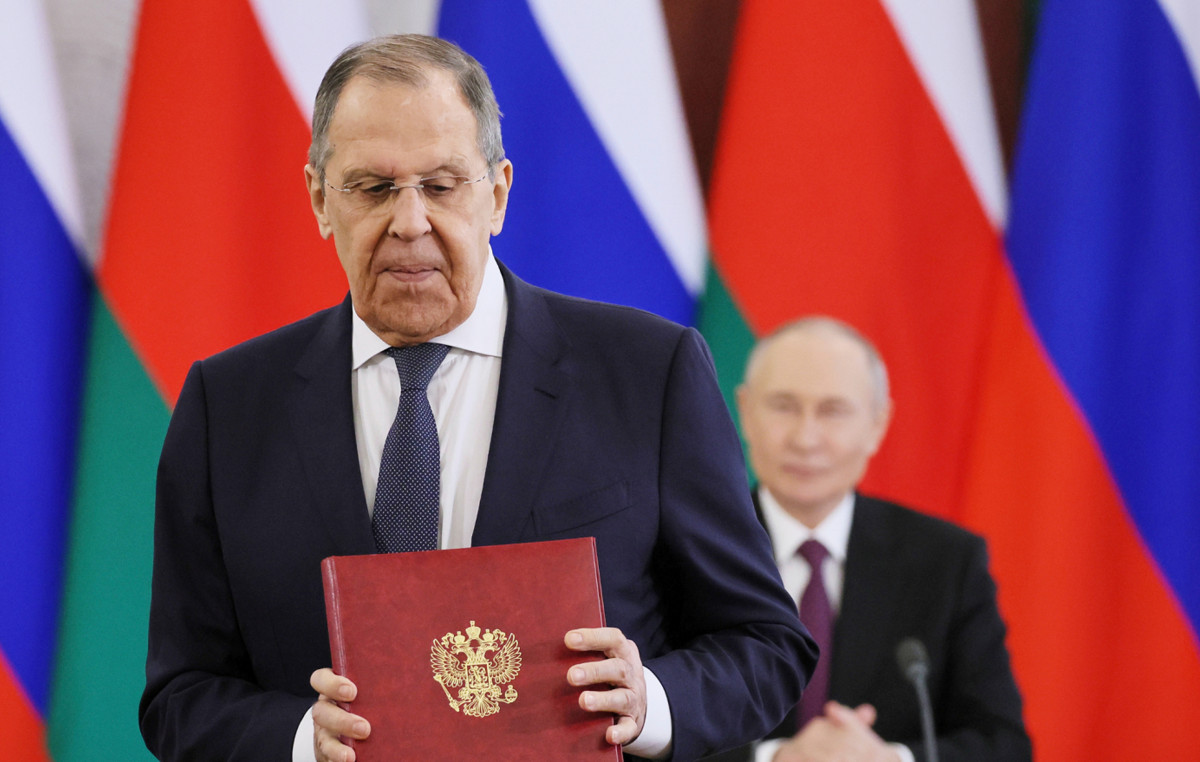Asia’s richest man is in the crosshairs of a research firm whose name evokes panic. Hindenburg Research, named after the 1937 airship disaster, is a small and relatively young New York financial researcher known for making bold bets against high-profile corporations it believes are overvalued, fraudulent, or both.
Last week, Hindenburg surprised investors by releasing a report based on what it said was a two-year investigation into the Adani Group, one of India’s largest multinational conglomerates.
The report and the sale it sparked — wiping out an estimated $70 billion in market value across Adani Group companies — are renewing concerns about the group’s corporate governance, as well as fueling debate over the often chaotic role it short-lived. -sellers (short selling) such as Hindenburg perform in financial markets.
Who is Adani and what is he accused of?
Gautam Adani is a 60-year-old tycoon who founded the Adani Group more than 30 years ago, making it India’s largest port operator, with businesses spanning infrastructure and energy production. He became India’s richest man a year ago and briefly overtook Jeff Bezos to become the world’s second richest.
The Hindenburg report, which the Adani Group dismissed as unfounded, accuses the conglomerate and Adani itself of pulling off “the biggest scam in corporate history”.
Hindenburg accused the company of “blatant stock manipulation” and accounting fraud that went on for decades. Hindenburg said that Adani Group shares are overvalued and took a short position (see more on this below) on them, meaning Hindenburg wins when Adani shares fall.
The Adani Group fought back, calling the Hindenburg report “nothing but a lie”.
In a rebuttal of more than 400 pages, the Adani Group said that Hindenburg’s short selling of securities and derivatives traded abroad amounted to securities fraud and that the report was an attack on India.
In a rebuttal of that rebuttal, Hindenburg said that “fraud cannot be overshadowed by nationalism” and that the Adani Group ignored “all the major allegations we raise”.
Adani’s defenses and denials about wrongdoing were not enough to stop the bleeding.
Since the release of the Hindenburg report last week, the group has lost more than $70 billion in its stock market value. Adani’s personal net worth has also plummeted by an estimated $30 billion, according to the Bloomberg Billionaires Index, although he remains among the richest people on the planet, with $92 billion to his name.

What is short selling or short selling?
In its most basic form, short selling is an investment tactic based on the loss of value of a stock (or other security).
To put it in non-financial terms: let’s say there’s a football game on Friday night and your friend has a ticket. But you suspect that the price of tickets may drop due to lack of demand on game day. So, you borrow your friend’s ticket, for a small fee, and promise to return it in time for the start of the game.
You immediately sell the borrowed ticket for $50, betting that on game day the ticket cost will be less than $50. And sure enough, bad weather keeps people indoors and the stadium starts slashing prices. You buy a ticket for $30, give it to your friend, and pocket the $20 difference (less any fee you paid your friend for the privilege of borrowing).
In practice, companies that specialize in short selling are often among the most criticized. If the world of Wall Street is a craps table, where one player’s winnings drive everyone else’s, short sellers are the guys betting against the table.
Short sellers argue that their work plays an important role as a watchdog, exposing fraud and preventing assets from becoming too inflated.
“Critical and contradictory research is needed because Wall Street is a fine-tuned machine built to sell securities to the public, regardless of quality,” Hindenburg wrote in a 2021 report. protection”.
And to their credit, short sellers were instrumental in exposing major market frauds such as Enron in 2001 and the systemic mortgage fraud that nearly devastated the global economy in 2008.
Of course, there’s nothing to stop bad actors in the world of short selling from making exaggerated or false claims about a company in an attempt to make a quick profit.
What is Hindenburg Research?
Hindenburg is a short seller specializing in forensic financial research, founded in 2017 by Nathan Anderson. And yes, it is named after the tragedy of the Hindenburg airship.
“We see the Hindenburg as the epitome of a wholly man-made and wholly preventable disaster,” states the website. “We look for similar man-made disasters floating around in the market and aim to clear them up before they attract more innocent victims.”
It’s like a bunch of investigative journalists, only without all the ethical baggage. Journalists cannot maintain a financial interest in their affairs; short sellers like Hindenburg almost always do.
Hindenburg earned its hound reputation for financial malfeasance in 2020 when it accused electric vehicle maker Nikola of lying to investors about its truck’s capabilities. Nikola’s founder was eventually convicted of fraud.
What happens next?
Adani Group’s lead lawyer said the company was considering legal action against Hindenburg. In response, Hindenburg tweeted that he would welcome such action and that he stands by his report.
Meanwhile, the negative press comes at a difficult time for Adani, which is looking to raise $2.5 billion by issuing new Adani Enterprises shares this month. The offer will end on Tuesday (7).
Source: CNN Brasil
I am an experienced journalist, writer, and editor with a passion for finance and business news. I have been working in the journalism field for over 6 years, covering a variety of topics from finance to technology. As an author at World Stock Market, I specialize in finance business-related topics.







